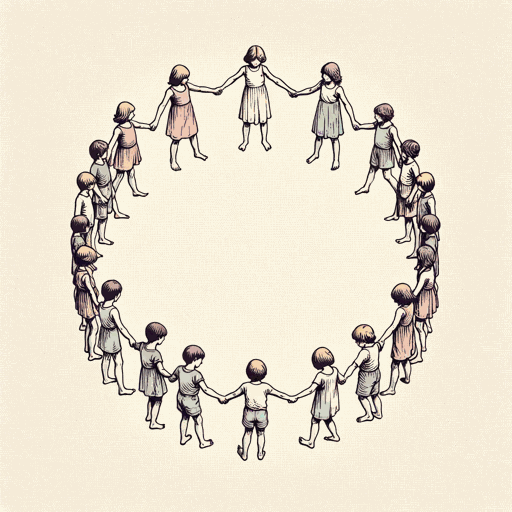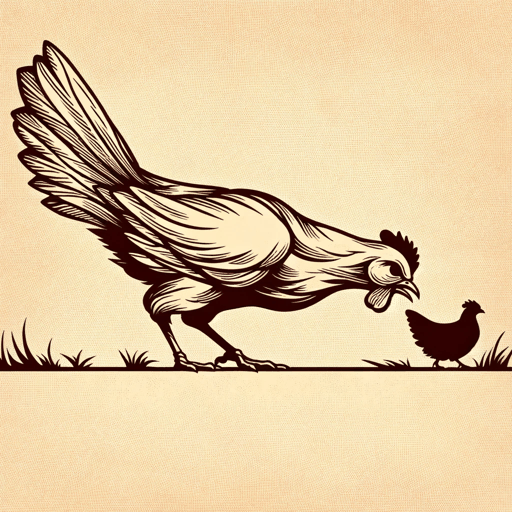45 pages • 1 hour read
Margaret AtwoodThe Edible Woman
Fiction | Novel | Adult | Published in 1969A modern alternative to SparkNotes and CliffsNotes, SuperSummary offers high-quality Study Guides with detailed chapter summaries and analysis of major themes, characters, and more.
Themes
Autonomy and Societal Roles
As The Edible Woman focuses on Marian’s struggle to accept the expected, traditionally feminine role of wife and mother following Peter’s engagement, the novel’s theme of Autonomy and Societal Roles plays a large part in Marian’s decisions. Marian's distaste for marriage is grounded on the loss of autonomy she will experience as a married woman; she loses her job, must rely on Peter financially, and must fulfill the social role of a wife and mother rather than pursuing her own individual autonomy.
Marian’s first act of resistance against the loss of her autonomy through Peter occurs on the night she runs away from him, Len, and Ainsley after being out at a bar: “I had broken out; from what, or into what, I didn’t know. Though I wasn’t at all certain why I had been acting this way, I had at least acted” (81). The freedom Marian experiences is directly tied to her ability to make an autonomous decision for herself, even if that decision is merely to run a few blocks away from her friends. By running, Marian attempts to assert her right to choose whether she wants to be in this relationship, but by not verbally expressing her emotions to anyone else Marian’s decision goes largely unnoticed by the others.
Related Titles
By Margaret Atwood

Alias Grace
Margaret Atwood

Backdrop Addresses Cowboy
Margaret Atwood

Cat's Eye
Margaret Atwood

Death By Landscape
Margaret Atwood

Hag-Seed: William Shakespeare's The Tempest Retold
Margaret Atwood

Happy Endings
Margaret Atwood

Helen of Troy Does Countertop Dancing
Margaret Atwood

Lady Oracle
Margaret Atwood

Life Before Man
Margaret Atwood

MaddAddam
Margaret Atwood

Oryx and Crake
Margaret Atwood

Rape Fantasies
Margaret Atwood

Siren Song
Margaret Atwood

Stone Mattress
Margaret Atwood

Surfacing
Margaret Atwood

The Blind Assassin
Margaret Atwood

The Circle Game
Margaret Atwood

The Handmaid's Tale
Margaret Atwood

The Heart Goes Last
Margaret Atwood

The Landlady
Margaret Atwood

